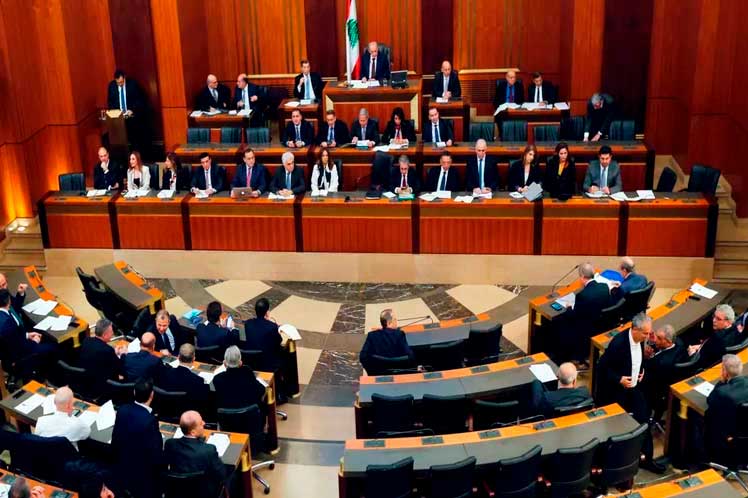Fayad stated that the adoption of the aforementioned regulations constitutes an essential and important step in the increase of renewable energy throughout the Lebanese territory for the benefit of citizens.
After receiving the approval of the government cabinet, the head of the branch explained that the aforementioned project would allow the supply of more than 800 megawatts of capacity from decentralized projects that will feed homes, farms and industrial facilities.
The minister stressed that the intention is to facilitate the exchange of energy between producers and consumers within the private sector, in order to achieve progress in terms of sustainability.
According to Fayad, the Ministry of Energy and Water is working to develop the bill with the support of the European Bank for Reconstruction and Development and the participation of experts from the Center for Energy Conservation.
The country has been going through the worst economic and energy crisis in decades since the end of 2019, as a result of which the Lebanese pound lost more than 100 percent of its value against the dollar and the population is suffering power outages of up to 16 or more hours daily due to the lack of fuel to generate energy.
pgh/llp/jcm/yma










